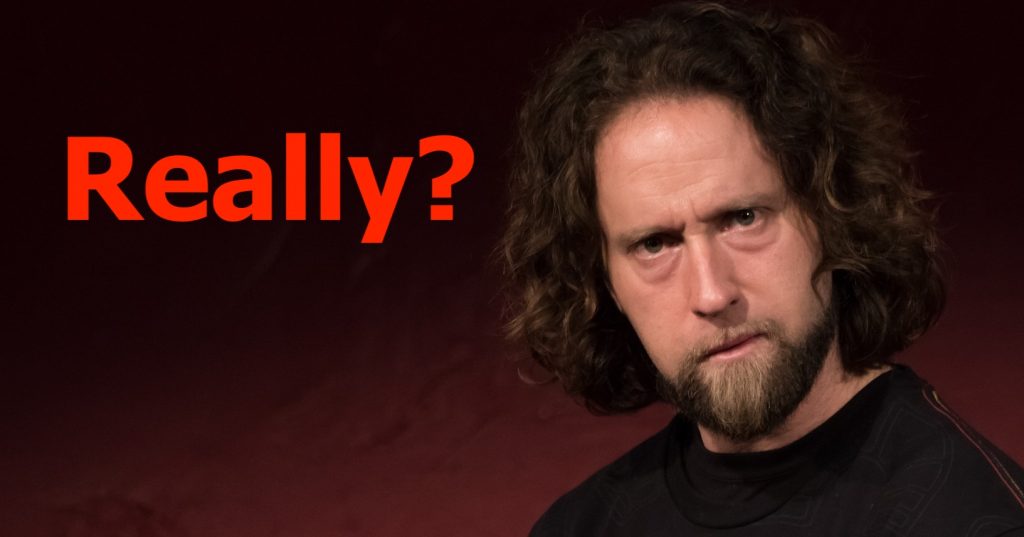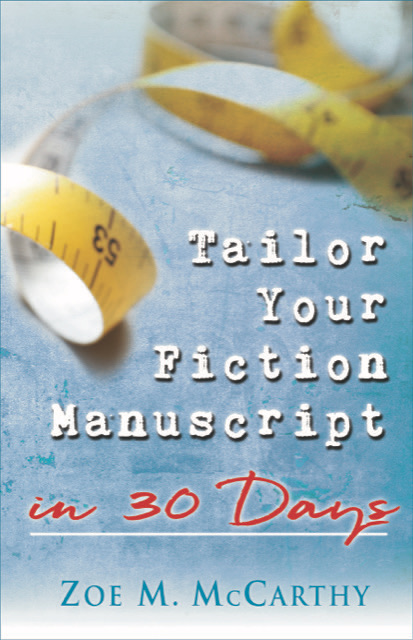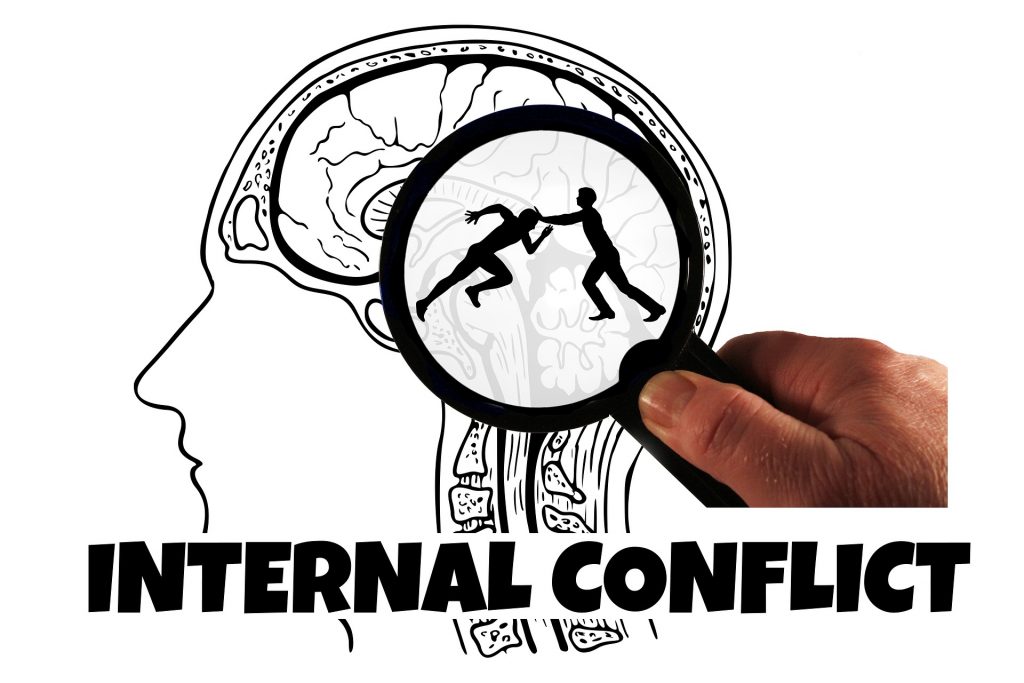

Tailor Your Fiction Manuscript in 30 Days is designed to shape a not-yet submitted, rejected, or self-published manuscript with low ratings into a book that shines. The method can also be a guiding resource for writers starting a manuscript. See details below.
Sometimes an incredible event or intervention happens in a writer’s life, or he’s privy to one. The writer shares the story in a manuscript. Or he includes the event in a novel. Acquisition editors aren’t interested because they think the event is too far-fetched for readers to embrace. The writer says, “But this happened to me!”
Observations
- Many such stories that are published and/or made into movies are based on true events.
- Many memoirs or biographies written about people with amazing events in their lives are either ghostwritten or penned in collaboration with an experienced writer of this kind of story.
Some Reasons Why These Stories Don’t Work

- Dumped research doesn’t work for most readers.
- Writing about someone else’s true event may lack the struggles going on inside the person experiencing the event.
- True events can seem like a miracle thrown in to save the day without requiring the character to overcome anything.
- These stories may beg for more to keep the reader engaged, such as a touch of romance, a mentor, conflict, peoples’ choices leading up to the event.
- Something more interesting than ordinary living needs to fill gaps.
True Example
When I was five in Tampa Florida, my mother read a newspaper article to my sister and me. As I remember it, a woman’s son lay under his car, working on a problem. The woman saw the car fall onto her son. She ran outside and lifted the car to save her son, breaking her back. Amazing. However, if I threw this into one of my stories, too many readers wouldn’t buy it. Too many wouldn’t have heard of such true happenings or read the research behind such a feat.

Suppose a writer interviewed the woman and wrote her story. Suppose, before and after that day the family’s life was ordinary. Suppose the mother’s operation was like any other back operation and her son, after a brief time of fame at school, was like any other teen. Acquisition editors might think the event made a compelling news article, but needed conflict to make a good book.
Move forward in my life. Twenty years later, I moved back to Tampa and worked two years as a payments social worker for the state of Florida. One of my colleagues worked on the case in which that woman in the news article in the early 1950s was then in her fifties and was applying for disability assistance because of her back.
The connection between my event at age five and the one at twenty-five was amazing to me.
Now, instead of throwing that true event into a story or writing the true story of this family, suppose I write the story from a social worker’s perspective—how, like me, she heard the story long ago from her mother reading the news article. And she, not her colleague, is assigned the case. And she’s not the payment social worker, but the service worker.

Suppose for technical or other reasons, the woman is not eligible for financial assistance. The social worker, because of her connection at age five, is drawn to the woman. She researches reports and medical documents about such events and gets involved with the woman outside her job. Suppose under warnings from her manager and clashes at home, she struggles to help the woman. This believable story with conflict would be partially based on my true story.
What true amazing event in your life could you use in a believable way?

Zoe McCarthy’s book, Tailor Your Fiction Manuscript in 30 Days, is a fresh and innovative refocusing of your novel or novella. Through a few simple—and fun—steps, Zoe helps writers take their not-ready-for-publication and/or rejected manuscripts to a spit-polish finish. Writing is hard work, yes, but it doesn’t have to be difficult. —Eva Marie Everson, best-selling and multiple award-winning author, conference director, president of Word Weavers International, Inc.
If you want to increase your chance of hearing yes instead of sorry or not a fit for our list at this time, this book is for you. If you want to develop stronger story plots with characters that are hard to put down, this book is for you. Through McCarthy’s checklists and helpful exercises and corresponding examples, you will learn how to raise the tension, hone your voice, and polish your manuscript. I need this book for my clients and the many conferees I meet at writer’s conferences around the country. Thank you, Zoe. A huge, #thumbsup, for Tailor Your Fiction Manuscript in 30 Days. —Diana L. Flegal, literary agent, and freelance editor
Tailor Your Fiction Manuscript is a self-editing encyclopedia! Each chapter sets up the targeted technique, examples show what to look for in your manuscript, then proven actions are provided to take your writing to the next level. Whether you are a seasoned writer or a newbie, you need this book! —Sally Shupe, freelance editor, aspiring author
McCarthy crafted an amazing self-help book that will strengthen any writer, whether new or seasoned, with guidance and self-evaluation tools. —Erin Unger, author of Practicing Murder, releasing in 2019


 RSS - Posts
RSS - Posts



We have all kinds of scenes from real life we’d like to use because they impacted us at some point, but as you point out, that by itself doesn’t make it worthy of transfer to our stories. That’s a great way to turn the “it’s real” into good fiction. Thanks!
Yes, we do want to use our experiences, but we must keep the reader in mind as we do. Thanks for commenting, Jane.